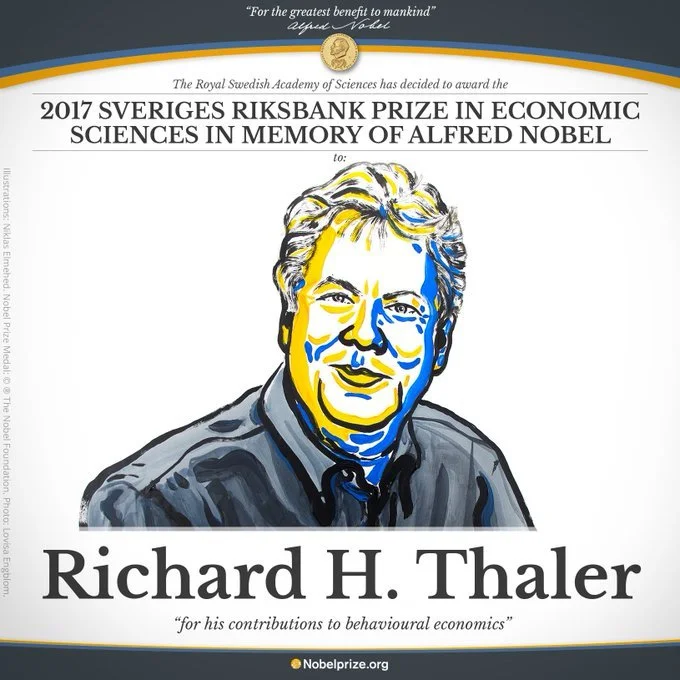I really don’t know why Richard Thaler chose this headline for a research paper. Many other behavioral finance academic papers also capture attention. “Can the markets add and subtract?”; “The winner’s curse”; “The gambler’s fallacy”, “Does the stock market overreact?” While the popularity of the subject has increased and behavioral biases have got so pervasive that everybody seems to be biased, the question is whether the behavioral finance experts are bias-free?
Just like we don’t need to understand inflation for it to trouble us, we really don’t need to be able to spell statistics for it to rule us. The realization of an average lifespan could have pushed many saints towards the spiritual path, but for us simple material investors, our life moves around a statistical average.
A friend asked me how I could differentiate my wish from my intuition. She made me think, how there was a thin line when it came to defining what we wish and what we assign a certainty, too; an intuition. The human thinking was based on subjective patterns, which either we understood (intuition), or wished to comprehend.
A friend took me out for coffee and gifted me Gladwell’s Outlier at the 2009 bottom. “This is dedicated to your doomed outlier”. During those murky times, the negative outliers were moving to a positive polarity (worst stocks were becoming potential outperformers). Three years later and many outliers later, Gladwell’s lucid narrative on the history of success started shining brightly in my heap of books. It was time for me to read it and explore the connection between price performance and success.
Economics is at the soul of everything including big-ticket sports. Now that football is the number 1 sport in the world, the growth might look obvious. But it has taken more than a few decades for football to attain this cult. Was it chance that we reached here to a 1 billion audience, was it smart visionaries that made it happen or was it social behavior?





